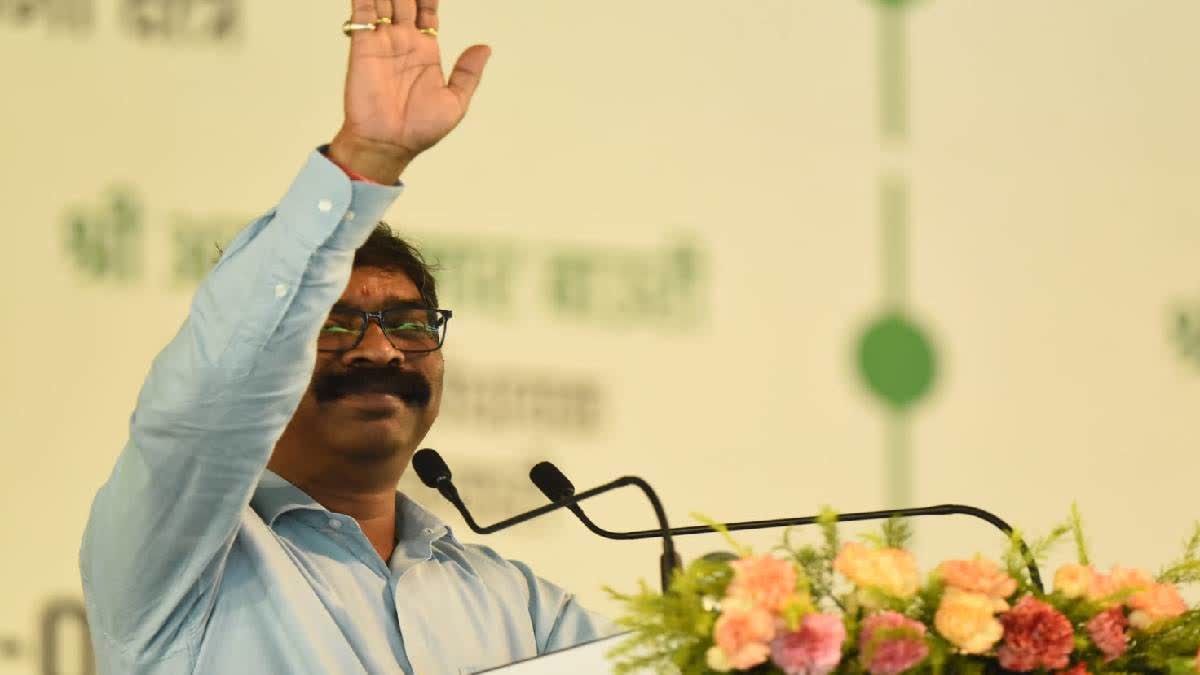Dehradun: Jharkhand is in a state of political turmoil for the last two days as former chief minister Hemant Soren resigned in the wake of Enforcement Directorate (ED) investigation in a money laundering case against him and Champai Soren was appointed as the new CM.
The situation reminds of a similar political chaos that happened in Uttarakhand in 2016 during Harish Rawat government following defection of nine MLAs of the ruling party and imposition of President's Rule.
During the budget session on March 18, 2016, nine MLAs of the Harish Rawat government rebelled against the government. These MLAs were Vijay Bahuguna, Harak Singh Rawat, Kunwar Pranav Singh Champion, Shaila Rani Rawat, Umesh Sharma, Shailendra Mohan, Amrita Rawat, Subodh Uniyal and Pradeep Batra. The rebel MLAs sat on strike in the Assembly demanding suspension of the Harish Rawat government.
After this, on March 20, 2016, the Speaker of the Assembly suspended the rebel MLAs under the anti-defection law. The rebel MLAs then demanded imposition of President's rule in Uttarakhand. On March 27, the then President Pranab Mukherjee imposed President's Rule in Uttarakhand.
Congress appealed against President's rule before the single bench of Uttarakhand High Court and the latter extended the date for proving majority to March 31, 2016. The Centre appealed before the double bench of Uttarakhand High Court against this order. After which, the court stayed its own order for floor test on 30 March 2026.
On May 6, 2016, the Supreme Court ordered Harish Rawat to conduct a floor test on May 10, 2016. Nine rebel Congress MLAs were banned from taking part in voting. Floor test was held in Uttarakhand Assembly on May 10, 2016 and Harish Rawat proved majority with the help of Progressive Democratic Front, a group of non-Congress MLAs.
The state witnessed a political chaos from March 18 to May 10, 2016 and now a similar conflict is taking place in Jharkhand.
Read more



